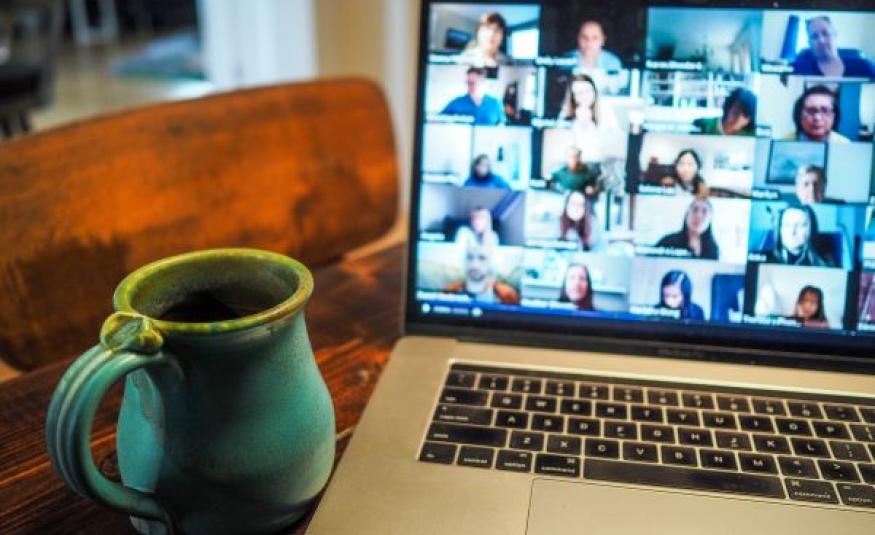tfconnect’s Trevor Foley says the Covid experience has brought into sharp contrast who is prepared to make the most of the new online-only landscape to learn and network.
With the world having changed shape back in March, we were all forced into a different daily schedule. Not the usual busy, busy, busy deadline-driven schedule.
A daily deluge of emails, meetings, travel, phone calls, texts and social media engagement, previously, always meant that the non-deadline driven activity of ‘active learning’ was always pushed off the agenda… well, mine at least!
The daily gaping holes of ‘not sure what to do’ and the proliferation of webinars meant that we all immediately jumped online to keep connected. While we have all felt a degree of webinar burn-out over recent weeks there are a number of upsides that should be carried forward for the benefit of developing talent in our industry.
My conversations with clients over the lockdown period have all centred on the need for their people to learn a long list of new skills – some around virtual environments, data analyst/ science skills, some from a ‘safety’ angle, working from home, managing a remote team, running a show with fewer resources, selling cross-media – the list goes on. Here’s two things that will undoubtedly help. Both come from a perspective of an adage that I’ve always believed in, one that has worked for me in my career – it’s not what you know, it’s who you know.
Firstly, it struck me that early on in the world of Zoom and Teams virtual meetings, that it allowed everyone a far greater access to industry players at very different levels of their careers. In-person conferences tend to separate by peer group or function – CEO events, sales or marketing conferences, mid-level management etc. More generic industry events such as Awards dinners are not learning environments. So, it has been amazing for an industry player, whatever their level, having access to another, regardless of seniority, anywhere in the world. I’ve learned a great deal and the ‘chat’ functions have been incredibly illuminating.
People have been asking questions that I had assumed was basic or general knowledge, which very much was clearly not the case. Active learning has definitely been taking place.
Funnily enough, a number of industry leaders have shared the very revealing factor that has differentiated their employees. The ‘furlough’ scheme in the UK (similar schemes I know are operating in other countries) meant that employees were paid NOT to work, however, training was very specifically allowed as part of the scheme. Many employers have told me that their people split into two camps, those who were serial or prolific ‘learners’ and those who were noticeable by their absence on internal or industry-wide leaning platforms. Go figure how that might pan out.
It reminds me of a brilliant, awardwinning, billboard ad… “I never read The Economist” - Management Trainee, aged 42.
A post-Covid future of ‘quality not quantity’ of webinars would clearly be of huge value in developing talent in our industry.
Secondly, lower revenues of course lead to reduced overheads. Again, by engaging in numerous webinars I have discovered a number of people and companies that can offer a range of specific services to event businesses that can make up for the loss of in-house expertise. This takes two forms – industry talent that has, in recent years, set up ‘laser-focused’ businesses to provide services such as re-booking at events, new data services, training and costoptimisation.
The other group of ‘it’s not what you know, it’s who you know’ is the unfortunately large bank of industry talent that has reluctantly been made redundant. These talented individuals will be available on a freelance or fixed contract basis to provide sales, marketing, operational, management and other forms of support to businesses in a post-Covid event world. This means that, as we start to re-build our shows and our businesses, vital talents are available without adding to fixed overhead costs.
tfconnect can, of course, directly help in the connections in this regard.





